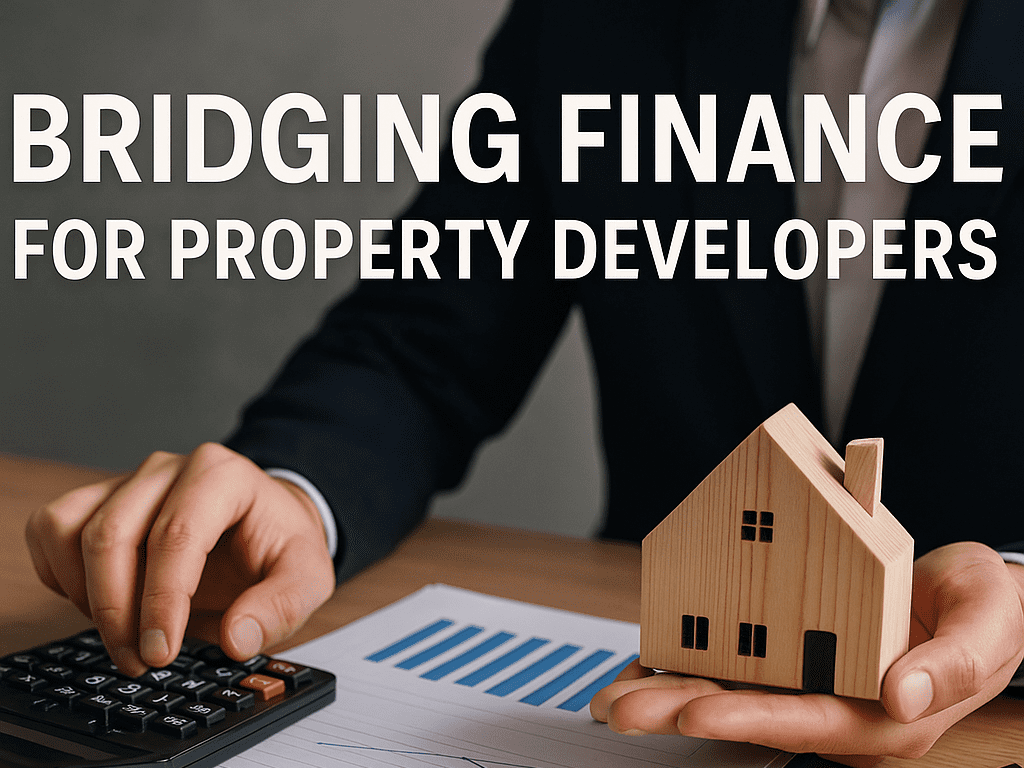Showhomes Lauren Barnett speaks to Neil Marshall, Chief executive of the National Insulation Association about the importance of installing the correct insulation for optimum energy efficiency.
What are the current issues facing the insulation trade at the moment?
The main thing really is that despite what people think there are still a huge amount of homes that need insulating. When looking at households there are approximately six million cavity walls and seven million solid walls that are not properly insulated at the moment. Although a lot of insulation has been installed in order to combat the issues that come with energy efficiency there is still a huge amount to be done.
One of the main challenges facing the industry at the moment is that the level of funding and support from the government to help households pay for the measures needed to properly insulate their homes is just not good enough. Over the last three years there has been a significant reduction in the level of support the government provides people to insulate their homes. This has resulted in a huge reduction in the amount of work being undertaken in order make properties as energy efficient as possible.
It has been suggested that there are up to 70% less homes being insulated at the moment compared to three years ago, so clearly that is a major issue for our industry.
What are some of the main developments that have happened recently within the insulation trade?
The government have announced that they are going to extend the scheme called the energy company obligation that is a scheme whereby energy companies give homeowners discounted or free insulation measures. The government have just announced that they are going to be extending this scheme from April 2017 for at least another twelve months in order to try and tackle issues with energy efficiency throughout the UK. However because there was a change in government responsibilities a few months ago the new department of business energy and industrial strategies currently are developing a long-term framework for energy efficiency in the UK, they are expected to publish that some time next year.
What are some of your main concerns for the future of UK housing being zero-carbon and energy efficient?
One of the main issues is that for many years homeowners have received subsidies and support to get the measures done and that has slowed down significantly. There needs to be new incentives and increased levels of consumer awareness and engagement to get people to truly understand the benefits of energy efficient insulation. Insulation for a lot of people is not seen as being attractive in the same way as some other home improvements and I think a lot of people don’t understand the benefits of getting their homes properly insulated. It has a direct effect, making your home warmer and saving money.
If you have your ways externally insulated it can completely transform the appearance of the property.
Going forward there needs to be new things that the government does in conjunction with the industry to encourage people to purchase the correct type of insulation. Some sort of consumer awareness campaign to fully promote the benefits of insulation and its affect on energy efficiency would be good along with some incentives and regulations to encourage people to do it, for example giving discounts on council tax or stamp duty rebates when moving home.
Low cost finance mechanisms to help people pay for it such as interest free credit and low cost loans would also help. A lot more needs to be done to fully engage consumers that this is the right thing to do and to help them to get on and do it.
How much of an impact does having the correct insulation really have on energy efficiency within a property?
It has a huge effect, around two thirds of heat is lost through un-insulated walls and roofs and obviously by having them insulated you can significantly reduce the heat loss and the size of your energy bill, it is a significant amount. Cavity walls and loft insulation can pay for themselves in around two to three years and then you are making savings on your energy bills for the rest of your life.
In your opinion, what should people in the house-building industry consider in terms of insulation and energy efficiency when they are building a new property?
When building a new property there are obviously certain building regulations that apply and they stipulate how much insulation you should have, which will obviously affect the energy efficiency of the property. New buildings have to reach certain energy performance standards so who ever is building the property have got to make sure that the energy efficiency is up to the required standard.
With existing properties there isn’t this obligation, and getting the right insulation is a personal choice.
Saving money on your energy bill is a huge benefit with insulation but in terms of something like external wall insulation, where you insulate the external of the property and then add a decorative finish on it, there has been very little work done in that sector up until now. The majority of people don’t realise this can be done and it is a big education job, there are a lot of attractive finishes that can transform the look of a property and really increase their appeal.
When people are purchasing a property is the type of insulation something that should be asking about?
Absolutely, when you sell a property you have to have an energy performance certificate, which shows you how energy efficient the property is. People should look at that, at the moment it is something people take for granted and don’t really pay as much attention to as they should. We would always encourage people to enquire about the type of insulation in a property, as clearly if you have got a property that has a high energy efficiency rating it is going to mean you have a comfortable home which is much cheaper to run in terms of energy bills. When you are selling a house if you can demonstrate to the buyers that you have got a high-energy efficiency rating then you should be able to sell your property easily, and it can potentially add value to the property itself.
In the same way as schools, transport, hospitals etc. energy efficiency should be made a priority by the government. There is a view within the energy efficiency industry especially that the government need to invest into insulation in a systematic way, because that way you are going to preserve the lifetime of buildings across the country.
In Scotland they have announced that energy efficiency is going to be an infrastructure priority and they are going to invest capital expenditure to do that because they realise that there are huge benefits to be had, in terms of economical benefits and job creation. From our perspective the central government should make it an infrastructure priority and invest significant amounts of capital expenditure to get the job done.











